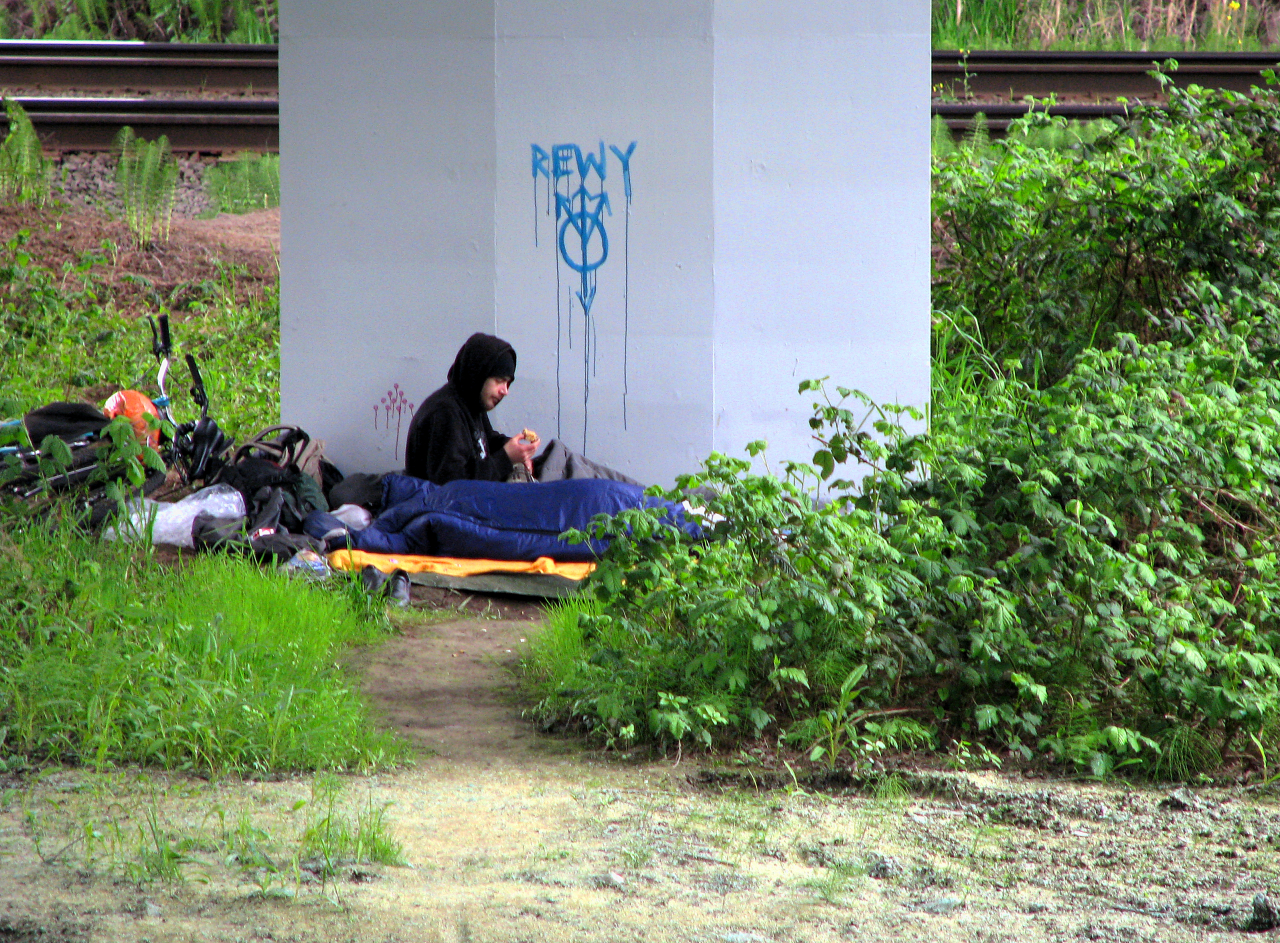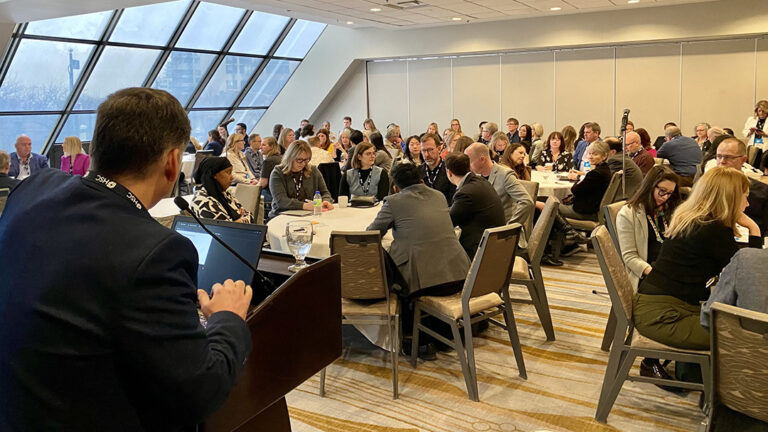Written by Jennifer Hille
The gradual loss of affordable SRO (single room occupancy) units has contributed to the inability of the City and partners to reduce homelessness in and around Vancouver. However, during the COVID-19 crisis, more spaces have been adapted to provide housing and tenants in the remainder of these rooms have gained protections that tenant rights groups are hoping will remain after COVID-19.
“Because of the coronavirus, we had to pivot our program. We are reaching more tenants in stronger ways, as the city and province are getting more involved,” says Wendy Pedersen, Founding Director of the SRO Collaborative Society. “Some work has to shift, like our tenant committees have to wait before meeting up, but instead we are able to give quality one-on-one support to lead tenants in sixty buildings who are helping others in their hotels with food, supply and information distribution and also by identifying tenants’ needs around health and safety in these high risk homes with shared bathrooms.”
As authorities and society come to realize how closely health and housing are intertwined, the SRO Collaborative hopes to see the impacts of the current crisis benefit vulnerable tenants- in Vancouver and across the country. Currently, due to Covid-19 related struggles, the City’s housing strategy is shifting, at least the City’s Department of Planning has made recommendations to “pivot” the City’s housing strategy in order to keep it sustainable.
More specifically, Gil Kelley and Dan Garrison, the General Manager and Assistant Director for the City’s Department of Planning, Urban Design and Sustainability presented a two-step plan to the city council: First, a COVID-19 emergency response that aims to protect people who are homeless or at risk by housing them in emergency recovery centres, empty tourist hotels and other places, and improve access to basic needs such as food, hygiene and income for very low income renters like SRO tenants. The next phase of the plan, lasting until the end of 2020, outlines immediate actions to address homelessness and meet urgent housing needs.
These presented changes would go beyond temporary fixes. In a housing market that has not been healthy for the better part of a decade, Vancouver’s updated policies could allow more non-profit and co-op housing for tenants who need it most.
The acquisitions of privately held SROs to turn them into social housing was also reviewed in the city’s most recent discussions. “We know the need in the City of Vancouver is significant. Hopefully, other municipalities will follow suit,” says Jill Atkey, CEO of the B.C. Non-Profit Housing Association and board member at the Centre.
The SRO Collaborative Society is a partner of the Community Housing Transformation Centre and funded by our Community Based Tenant Initiative Fund. Learn more about the project or the Centre’s funding opportunities.



